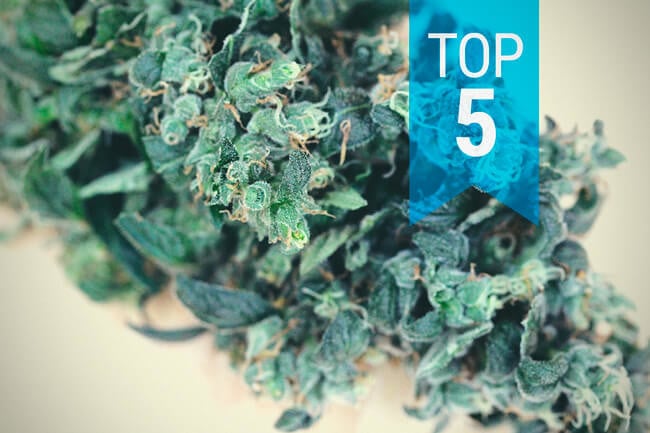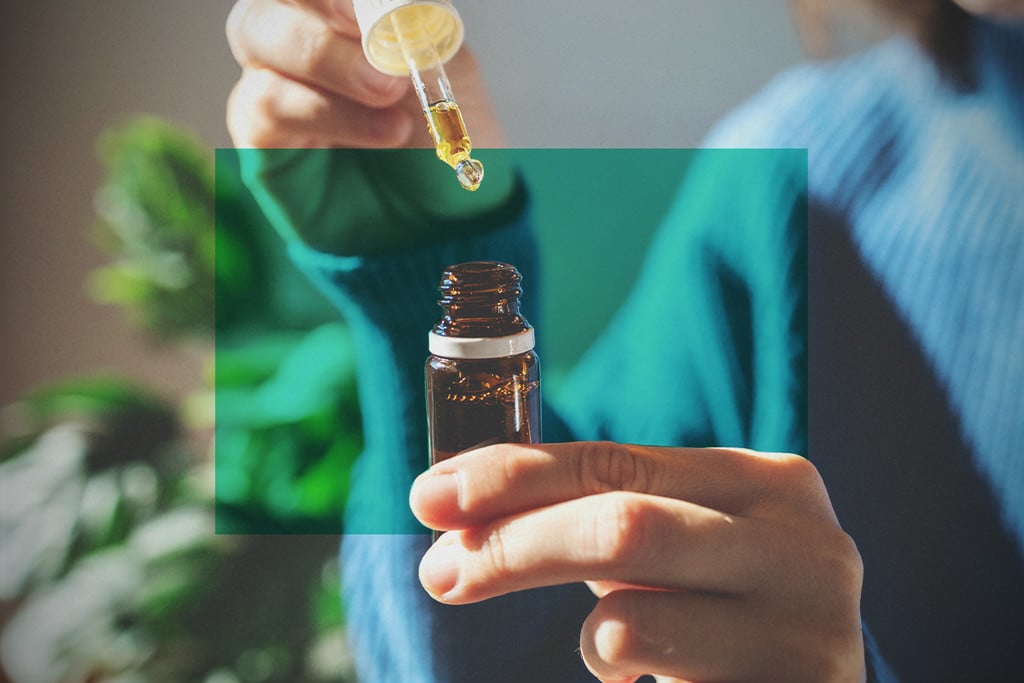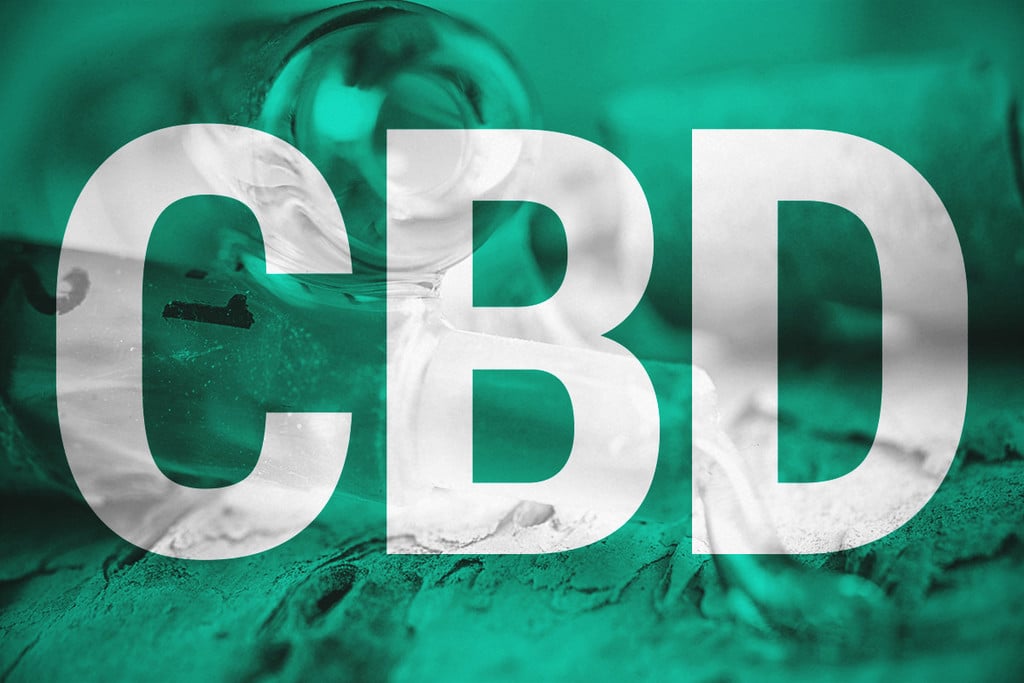.
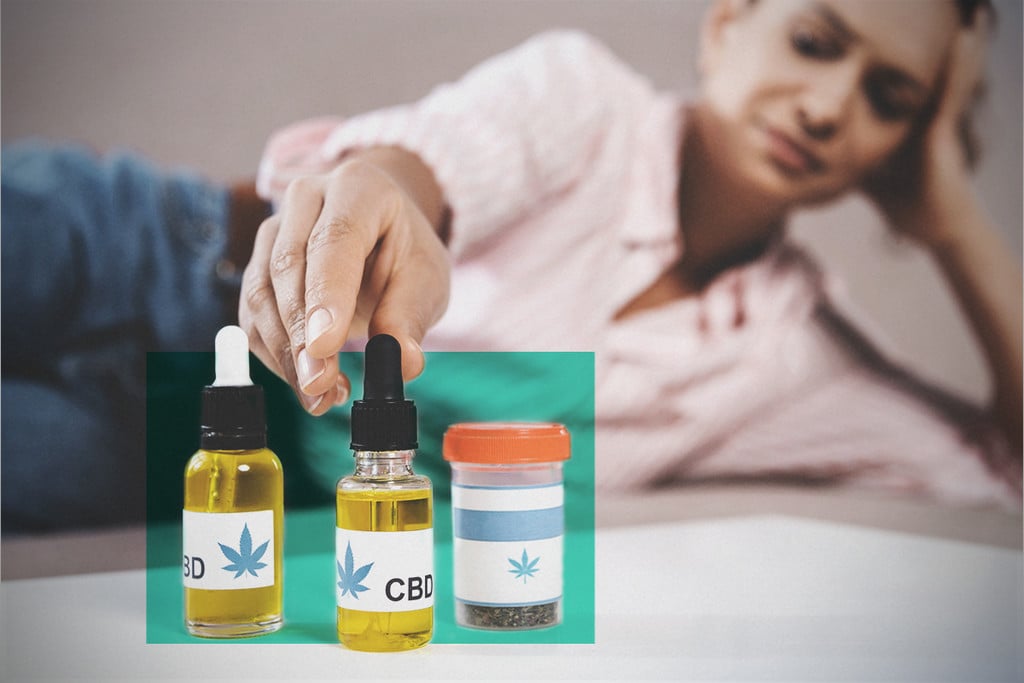
CBD Does Not Work for Me: The Solutions
Some people experience the effect of CBD when they take it for the first time. For others, it can take several weeks to sense any difference. If you find that CBD doesn't work for you, we have a few solutions. You need to consider your individual physiology, how much you take, and how often you take it. Let's break it down.
Have you ever asked yourself: “Why doesn’t CBD work for me?”. All drugs and supplements affect different people in different ways. Several variables determine the effects of a substance on a person, including age, sex, and weight. These factors can also influence how CBD interacts with your unique physiology.
Most people experience at least some effects from CBD products. Therefore, it’s pretty disappointing if you feel absolutely nothing at all. You did a lot of research to find the best products on the market. You bought bottles of CBD oil made from organic hemp and tested for pesticides and heavy metals. You even selected a brand that uses whole-plant extract to experience the synergistic entourage effect between cannabinoids and terpenes. Still, you felt nothing.
Despite this disheartening situation, we still suggest giving CBD oil a chance. By adjusting your dose, trying different concentrations, and switching up your route of administration, you could still get to experience all that CBD has to offer.
Contents:
1. Percentage & Dosing
CBD oils are available in a range of concentrations, often expressed as a percentage. The higher this figure, the more concentrated the amount of CBD within the product. When shopping around, you’ll typically come across percentages of 5%, 10%, 15%, 20%, and 30%.
Within the RQS range, these percentages provide a total CBD content of 500mg, 1,000mg, 1,500mg, 2,000mg, and 3,000mg, respectively. Whereas CBD makes up 5–30% of these formulas, carrier oils, terpenes, and other phytochemicals make up the remainder.
If you felt nothing after trying a low-percentage CBD product, it makes sense to try a stronger option. A more concentrated product will allow you to increase the dose while taking a similar amount of oil.
“Dose” simply refers to a measured quantity of a substance delivered as a unit. When trying CBD for the first time, people are advised to start with low doses at a low frequency to see how the molecule affects their unique physiology. Over time, users are encouraged to slowly increase their dose until they find their “sweet spot”—the point at which they experience the most positive effects with few side effects.
However, to prevent wasting time taking doses that don’t work for you, you can skip the initial phase by using our CBD dosage calculator. Simply select the effects that you’re looking for, and your body weight range, to discover a general dose for your body. If you’re still dissatisfied, slowly increase your dose by around 5mg per week until you find your sweet spot.
2. Ingestion Method
The way you take CBD oil influences the way you experience the molecule. Most users start off by inserting drops into their mouths and swallowing them. This route, known as oral administration, works great for some people. However, it produces little to no effect for others.
Oral administration sends CBD through the stomach and liver before it enters systemic circulation. Unfortunately, most of the molecules don’t make it this far; CBD has a poor oral availability of as low as 6%[1]. What does this mean? Depending on your metabolism, in the worst-case scenario, you’re not accessing 94% of the product you paid hard-earned money for.
If you find that CBD doesn’t work, try out sublingual administration instead. Placing drops of CBD oil under the tongue dramatically improves bioavailability. Here, the cannabinoid passes through the oral mucosa into the capillary bed below. This route grants CBD near-immediate access to systemic circulation, without having to endure the throes of first-pass metabolism. Not only does it generate a faster-acting effect, but it results in a stronger response.
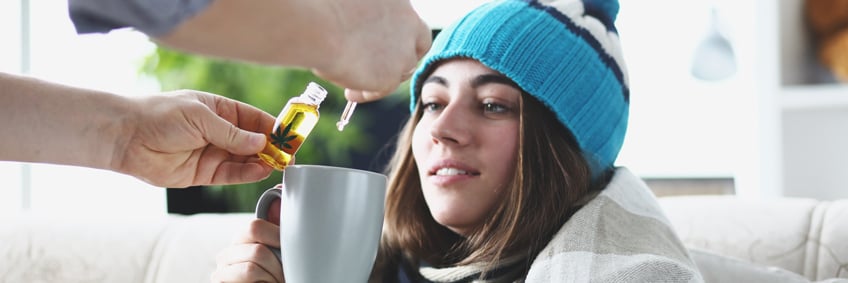
How Fast Does CBD Oil Work?
The answer to this question completely depends on the person and their unique physiology. CBD exhibits its effects in part by interfacing with the endocannabinoid system (ECS). More specifically, it temporarily inhibits ECS enzymes and binds to “expanded” ECS receptors, such as TRPV1. Outside of the ECS, the cannabinoid binds to an array of other sites, including serotonin receptors and GABA receptors. Because each person features a slightly different metabolism and receptor expression, the speed at which CBD works varies.
Some new users experience the effects of CBD immediately, even at low doses. Others may need to give it some time. Genetic and biochemical differences mean that a portion of users don't experience any effects until several weeks after introducing CBD to their system. For others, it can take several months. Exercise some patience, and you might experience what CBD has to offer later down the line.
3. Take Your Lifestyle Into Consideration
Whether it takes you several weeks to experience the effects of CBD or you never feel them at all, there are some other steps you can take to influence your endocannabinoid system in a similar way.
One of the main mechanisms of CBD involves the inhibition of an ECS enzyme known as fatty acid amide hydrolase (FAAH). This catabolic protein breaks down the endocannabinoid anandamide, otherwise known as the “bliss molecule”. Through FAAH inhibition, CBD helps to temporarily elevate levels of anandamide, which plays an important role in memory, appetite, sleep, and pain.
However, there’s more than one way to boost levels of this blissful chemical. First, exercise helps to enhance circulating levels of anandamide. In fact, the molecule underpins the “runner’s high”—the feeling of euphoria that athletes feel after aerobic exercise. Resistance training[2], such as lifting weights, also leads to elevated levels of anandamide after several weeks.
Diet also plays an important role in ECS function. Dietary fatty acids are the precursors to endocannabinoids. Foods such as eggs, chicken, beef, anchovies, and tuna all contain relatively high levels of anandamide. The flavonoid kaempferol, found in high quantities in spinach, kale, and dill, also works to inhibit FAAH[3].
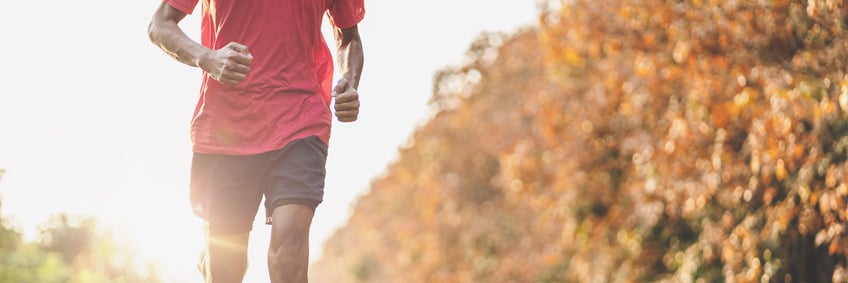
4. Expectations
Some people expect so much from CBD that they don’t actually feel the subtle effects. By anticipating a miraculous change in physical and mental health, some users desensitise themselves to the effects that they would otherwise feel. Don’t expect a magic bullet when you take CBD, even at higher doses. Instead, try to notice minor differences in your mind and body.
Does CBD Work for Everyone?
No. While most humans look similar from the outside, on the inside, we’re all different on genetic, biochemical, and metabolic levels. These differences also apply to the endocannabinoid system. Even at high doses, CBD fails to produce a meaningful effect in some people. If you’re one of these individuals, we understand why you might feel disappointed. But don’t be disheartened! There are over 100 other cannabinoids currently under investigation. Plus, you can modulate your ECS through dietary means and physical exercise every single day!
Does CBD Really Work? Have a Little Patience
Does CBD work? Yes! Ask the millions of people that experience its effects on a daily basis. However, it doesn’t work for everyone. If you feel underwhelmed when trying the cannabinoid for the first time, have some patience! Use our dosage calculator mentioned above and slowly increase the amount until you discover your sweet spot. If you still feel nothing at higher doses, maintain the amount recommended by our calculator for several weeks or months. From there, if you still feel that CBD doesn't affect you, explore other cannabinoids such as CBG, or delve into the world of other plants containing cannabinoids.
- ClinicalTrials.gov https://clinicaltrials.gov
- https://paulogentil.com/pdf/Increased%20Anandamide%20and%20Decreased%20Pain%20and%20Depression%20after%20Exercise%20in%20Fibromyalgia.pdf
- Inhibition of fatty acid amide hydrolase by kaempferol and related naturally occurring flavonoids - PMC https://www.ncbi.nlm.nih.gov


























